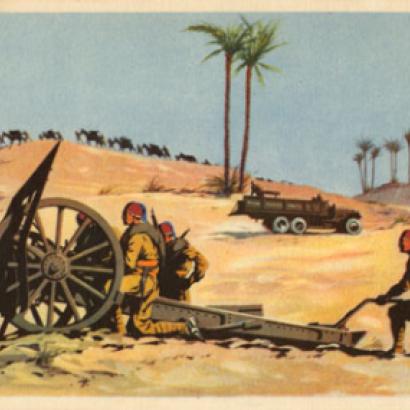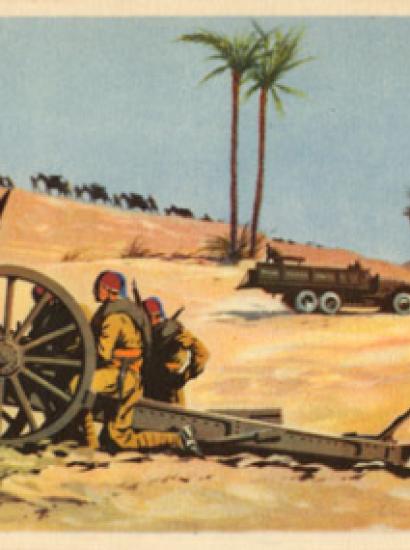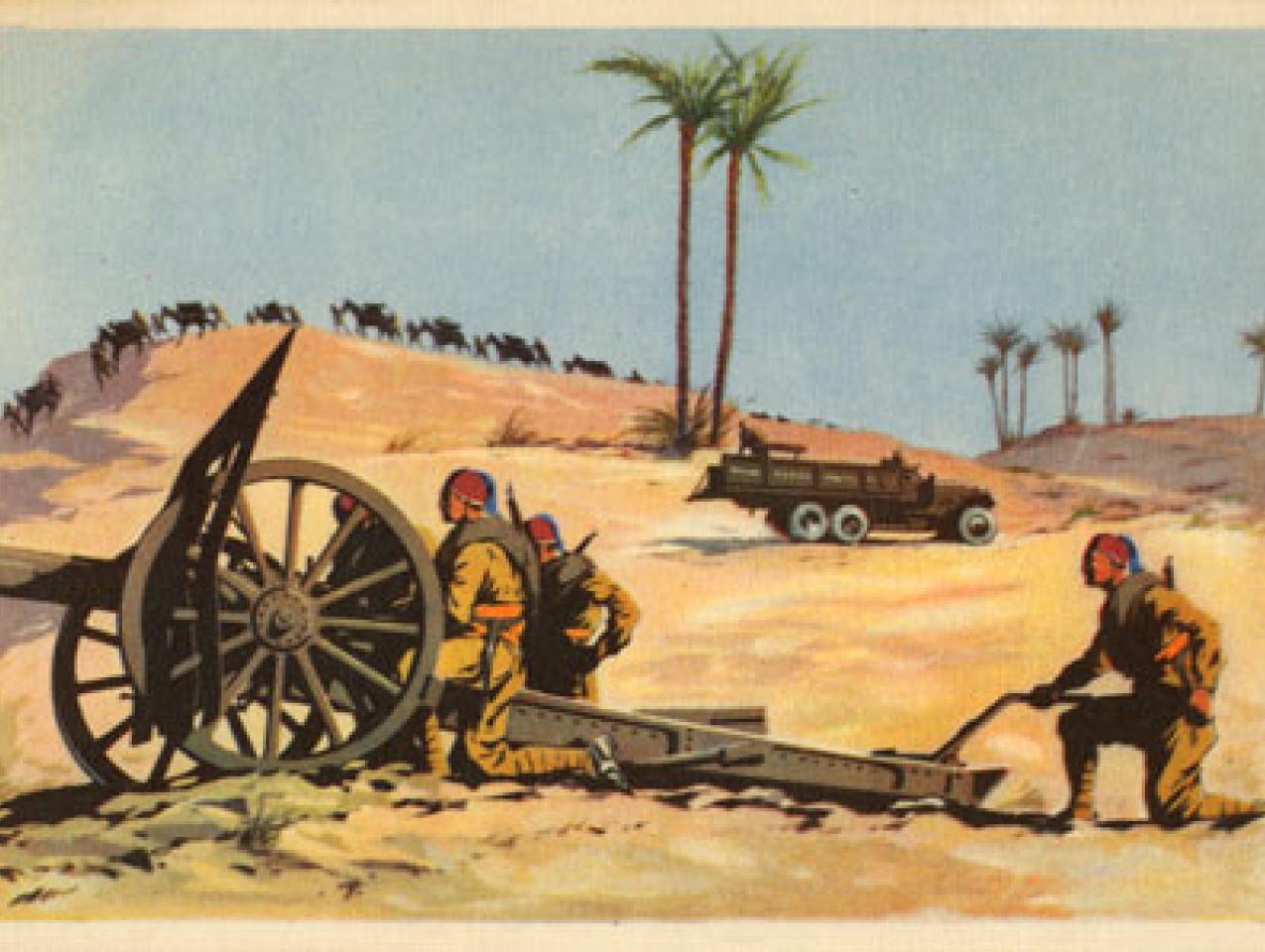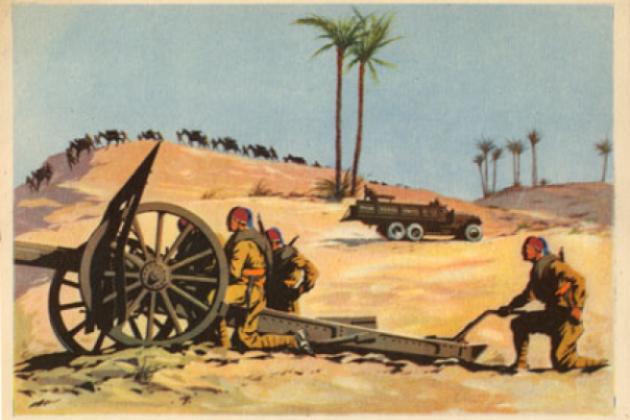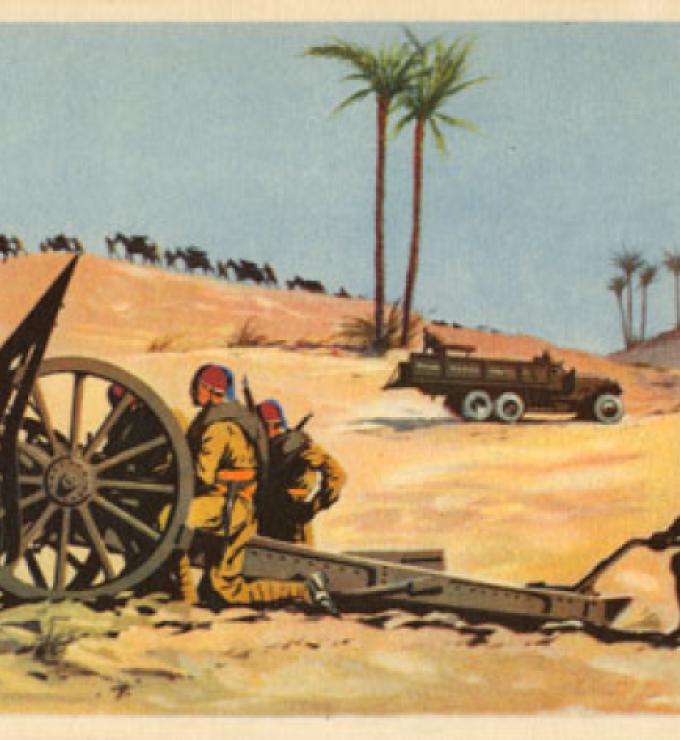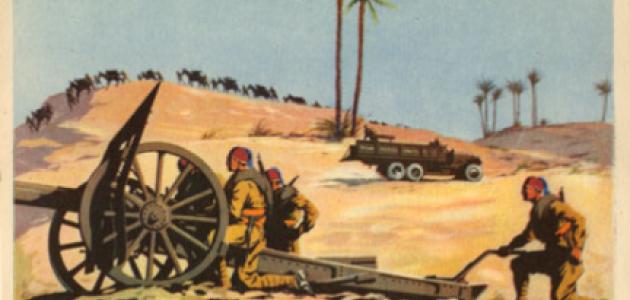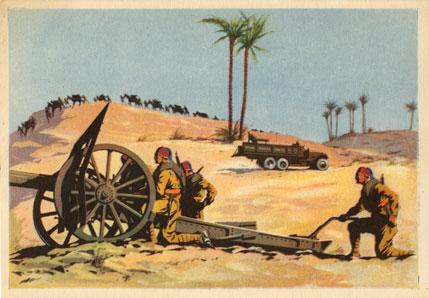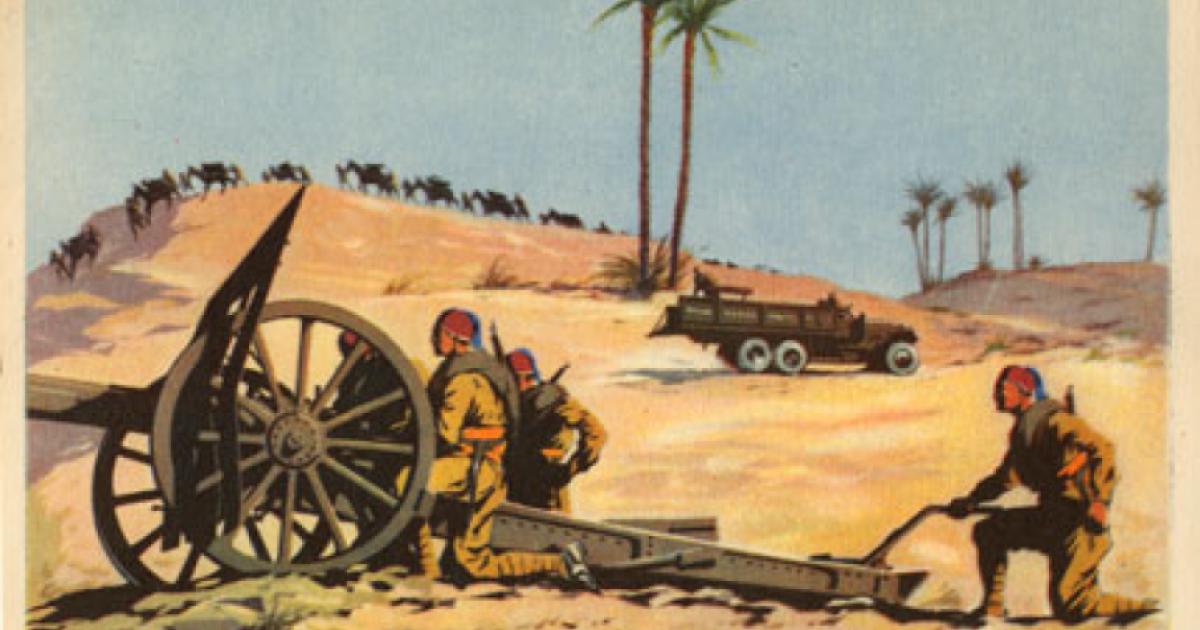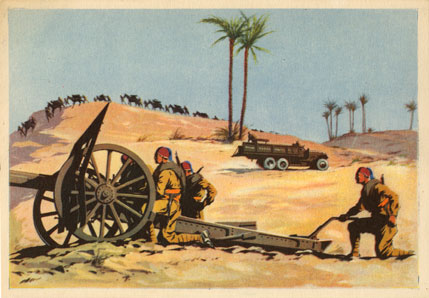
Four years ago, President Obama visited Cairo, where he decried “the colonialism that denied rights and opportunities to many Muslims, and a Cold War in which Muslim-majority countries were too often treated as proxies.”
Mr. Obama then declared his own policy: “in this new age, such attitudes are self-defeating.... a sustained effort–to find common ground, to focus on the future we seek for our children, and to respect the dignity of all human beings.” In essence, his administration would foster Jeffersonian democracy in the Middle East. In a dozen culturally different Muslim countries, the U.S. would work together with moderate Islamist parties to construct a center core of middle-class aspirants. This would undercut both Islamist radicals and autocratic conservative regimes.
The evanescent Arab Spring seemed to confirm Mr. Obama’s vision of a “new age.” But then, lacking democratic institutions and respect for the rule of law, the Middle East again fell apart. The Obama vision was shattered. Our traditional allies–Jordan, Saudi Arabia, and the UAE–were offended and appalled by how we had condemned Mubarak and ignored their warnings about the Muslim Brotherhood. American planes bombed Libya, ending Gadhafi’s reign. Then our ambassador to Libya was murdered by terrorists, and the administration tried to place the blame an obscure video on YouTube. Not one terrorist was apprehended.
When the Egyptian military threw out President Morsi, the administration was left with no response and no influence in that country. “We have to be very careful,” Mr. Obama said, “about being seen as aiding and abetting actions that we think run contrary to our values and our ideals.”
The troop surge into Afghanistan turned into a withdrawal, leaving behind an ongoing war. Ignoring that outcome, Mr. Obama grandiloquently promised a unilateral end to the post-9/11 war against Islamist terrorists. “We must recognize,” he said, “that the threat has shifted and evolved from the one that came to our shores on 9/11…. America is at a crossroads. We must define the nature and scope of this struggle, or else it will define us. A perpetual war–through drones or Special Forces or troop deployments–will prove self-defeating. This war, like all wars, must end.”
How a war ends when the enemy refuses to quit was not explained. Mr. Obama rhetorically deposed of Iraq and Afghanistan as the responsibility and the fault of the prior administration, and pronounced an end to the war against terrorists as Q.E.D.
In the heat of the last presidential campaign, however, he declared that the use of chemical weapons would cross a “red line.” When Assad did use chemicals, Mr. Obama refused to act. Instead, he demanded that the U.S. Congress approve a limited strike guaranteed not to destroy the Syrian leadership. Thus he placed the heat upon the Congress, after he had spent six years persuading the American public and our allies that military force ensnared us in long, unwinnable wars. While the American press focused upon U.S. domestic political divisions, overseas Mr. Obama’s serial indecisiveness continued to diminish America’s standing. As centrifugal sectarian forces gained momentum across the Middle East, the world’s “indispensable nation” retreated. In sum, the Arab spring devolved into an American winter.
The remedial steps are obvious. Secretary of State Kerry has already begun to repair the damaged relationship with Israel. Jordan and the UAE will respond to courtship. Saudi Arabia is more problematic, because its leaders are wise in Washington ways and plugged into concentric circles of power. The Saudis will hold the administration at arm’s length. Egypt’s military leaders will remain distrustful. Turkey’s tilt toward Islamic sectarianism may be somewhat curtailed by the need for financing from the West. Here in the U.S., opening up oil reserves, encouraging fracking and oil imports from Canada would diminish our dependence upon the ever-fractious Middle East. But Mr. Obama is resolutely opposed to these domestic steps.
As for the Islamist terrorists, we must continue to attack and destroy them. Mr. Obama is incorrect in saying “America is at a crossroads,” implying that we can choose another road. The mainstream press and the foreign policy establishment, however, strongly support him. They will downplay any gap between his rhetoric and real life actions. But if Iran decides to complete its development of nuclear weapons while Mr. Obama is in office, then his response will largely determine how his stewardship in foreign affairs is regarded. To date, his foreign policy has been notable by its fecklessness. That is unlikely to change.







